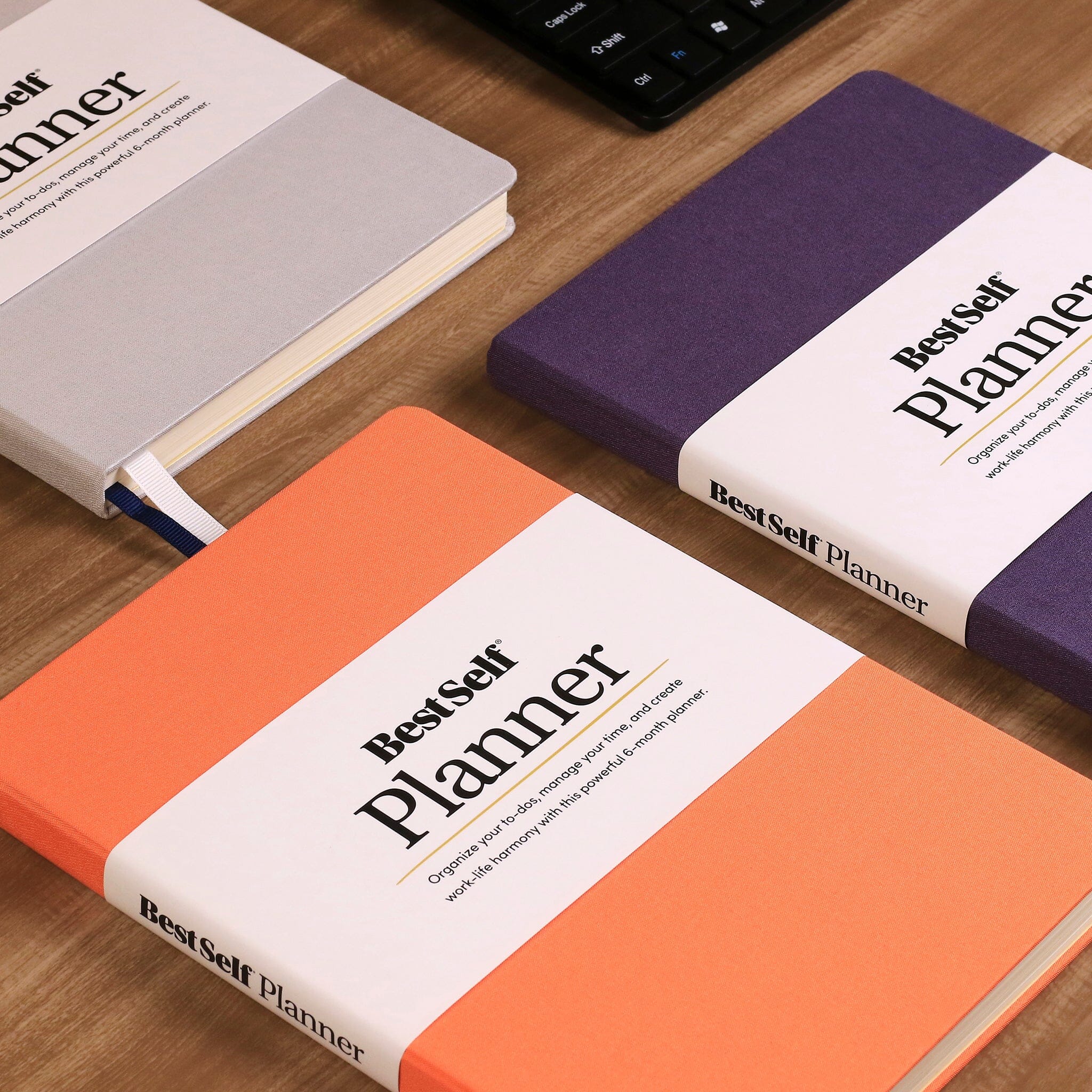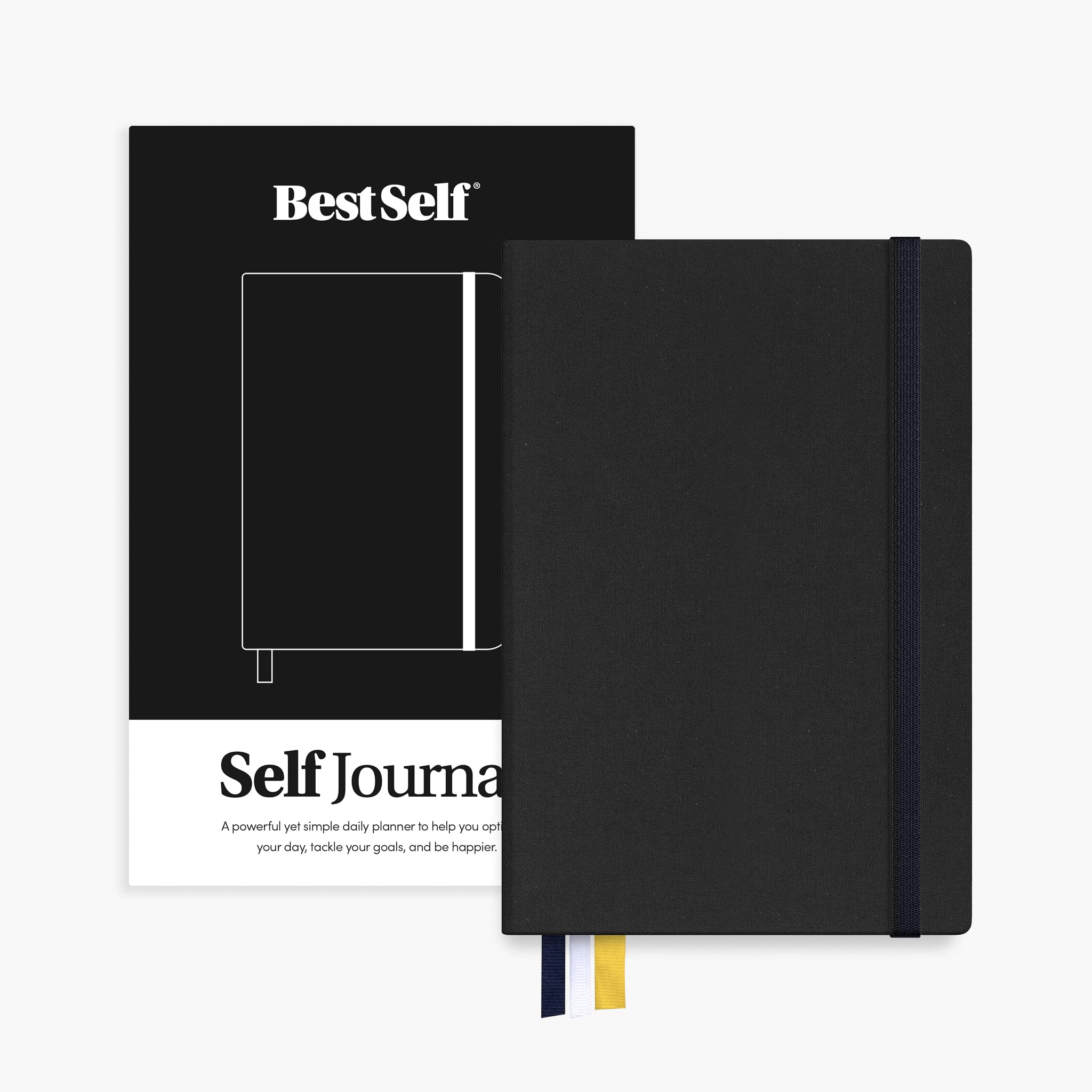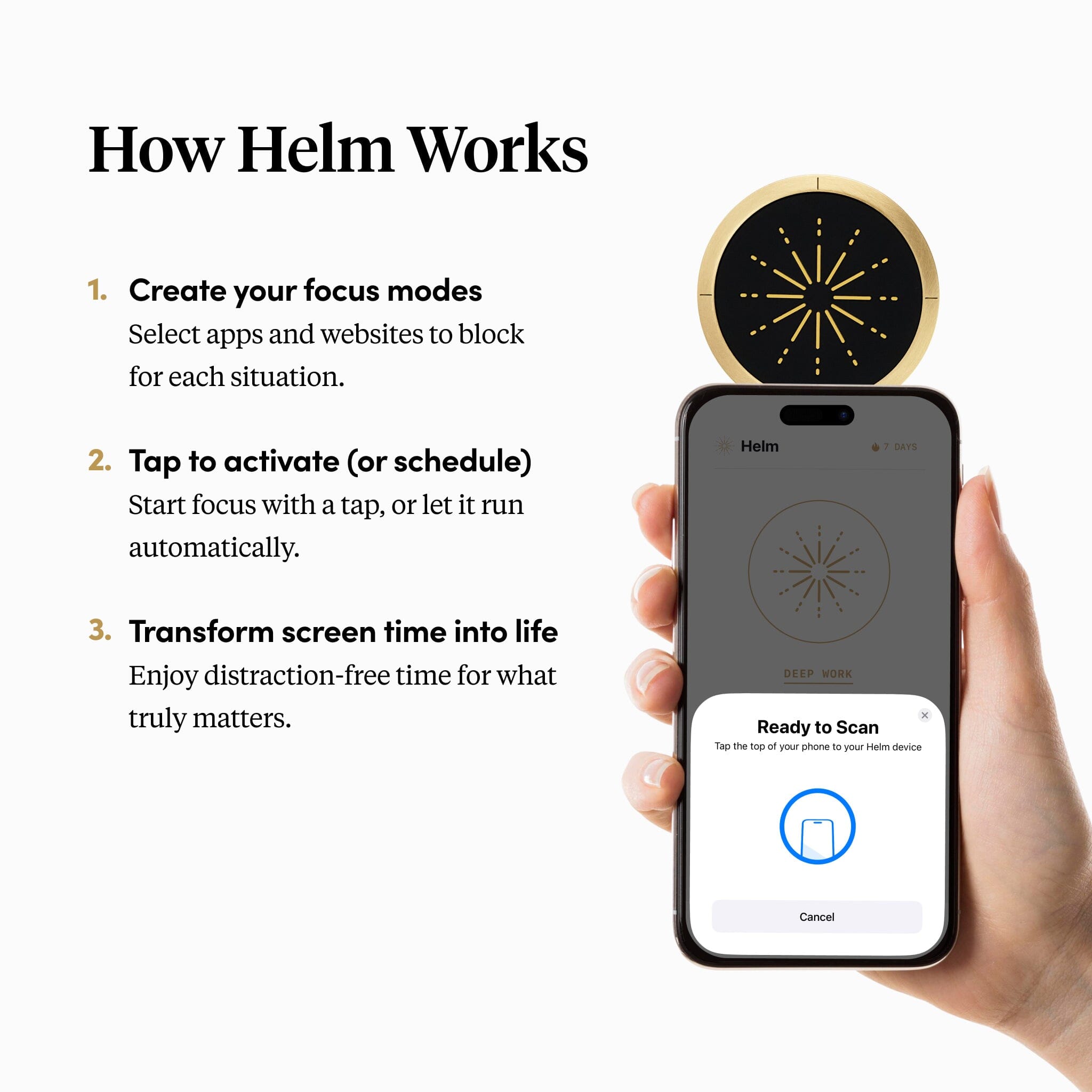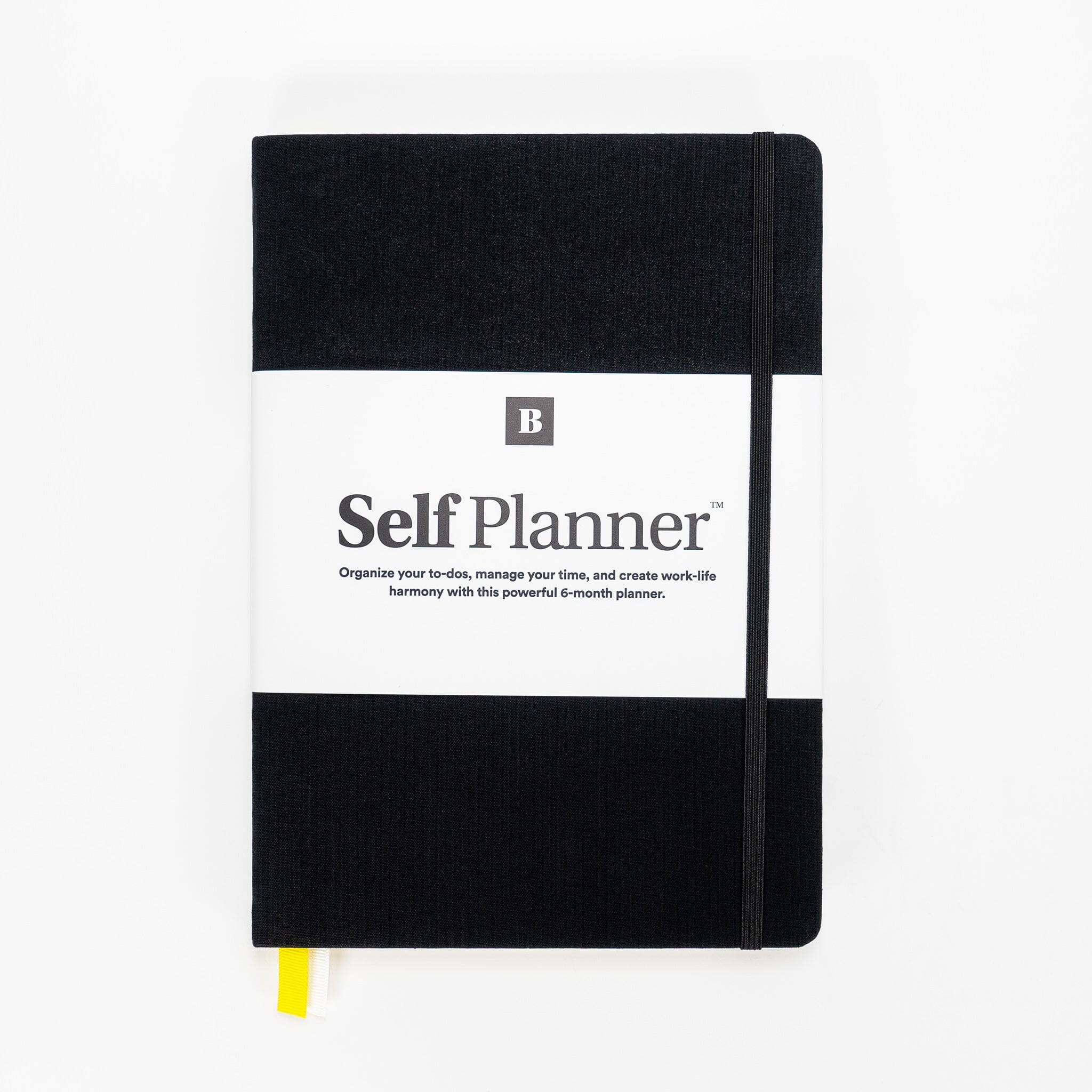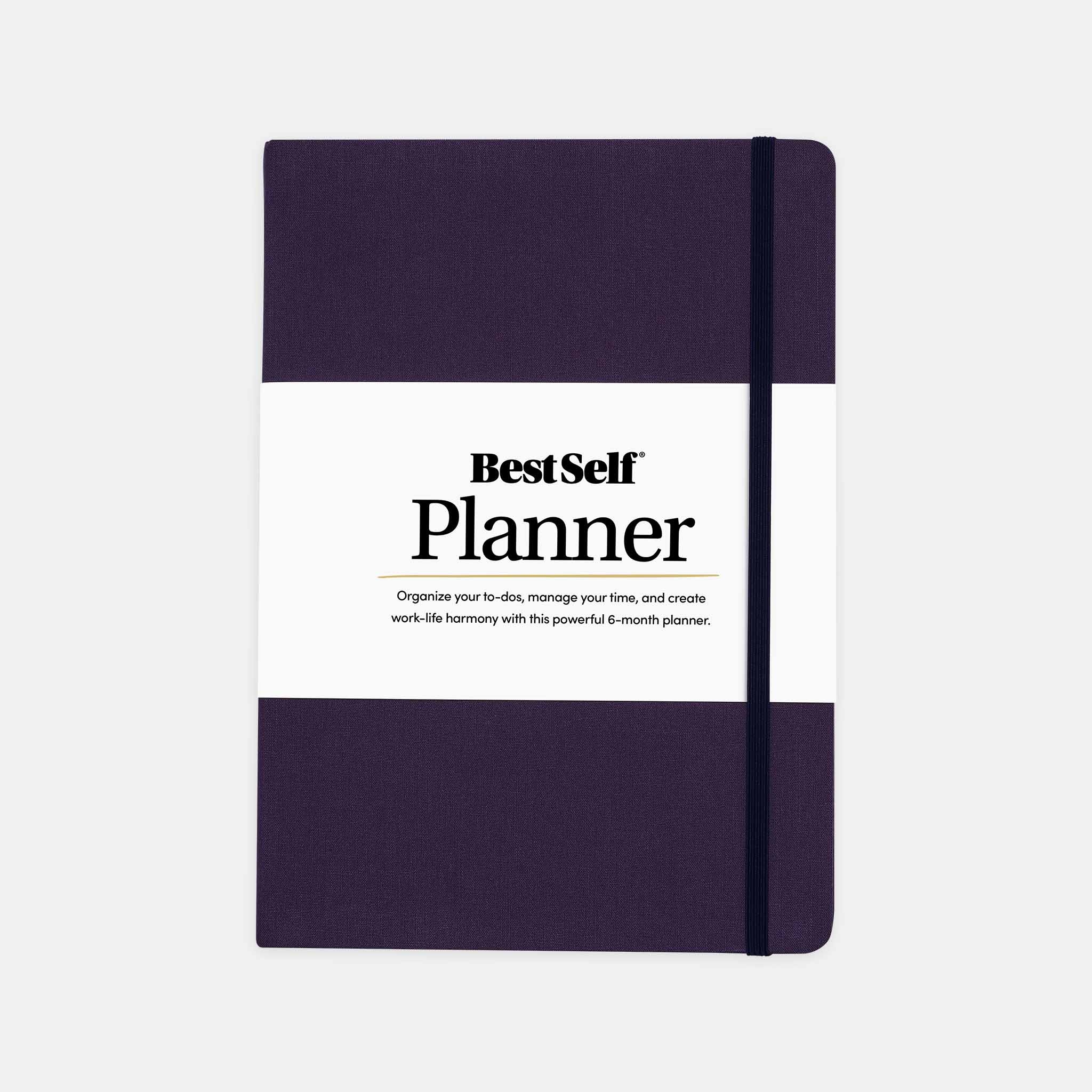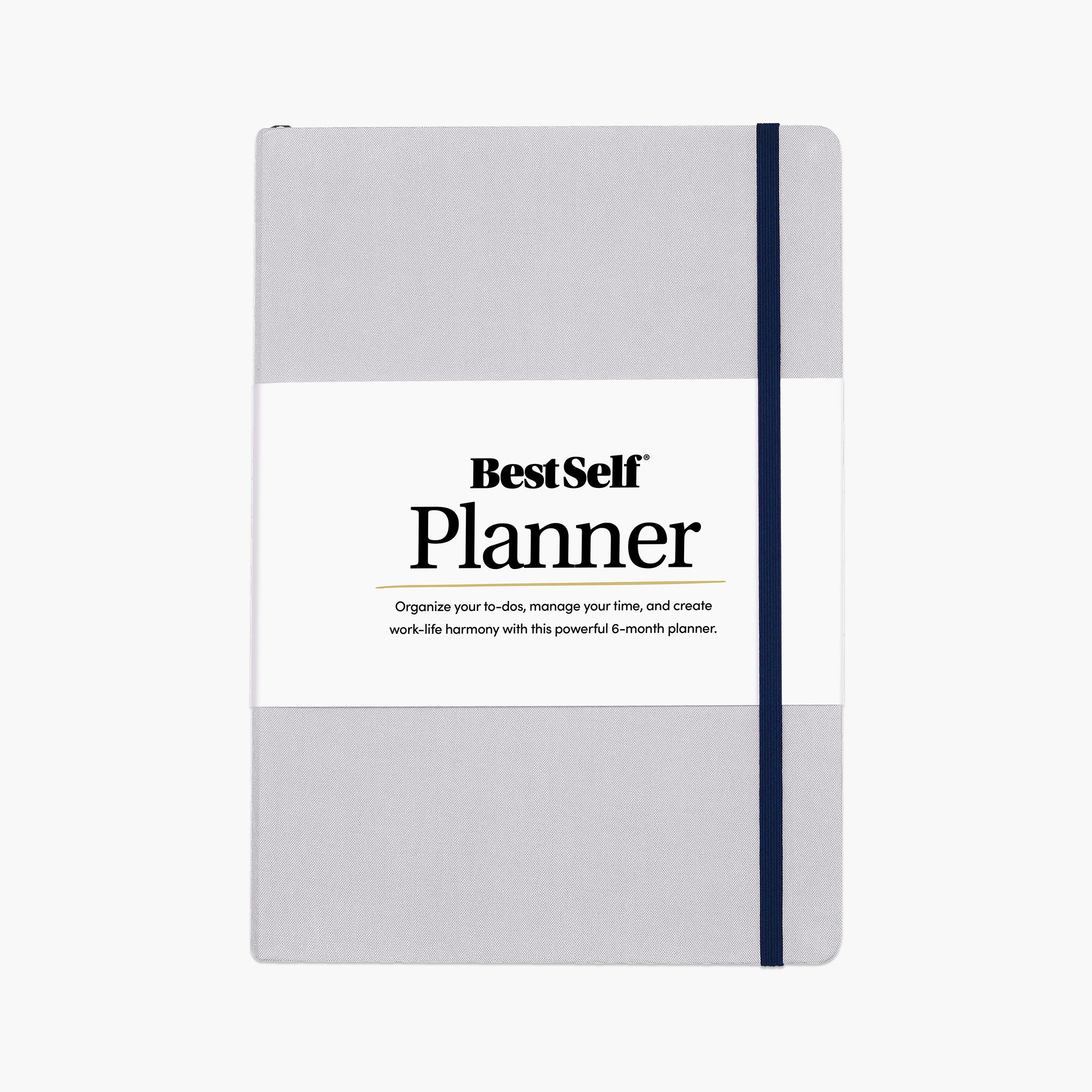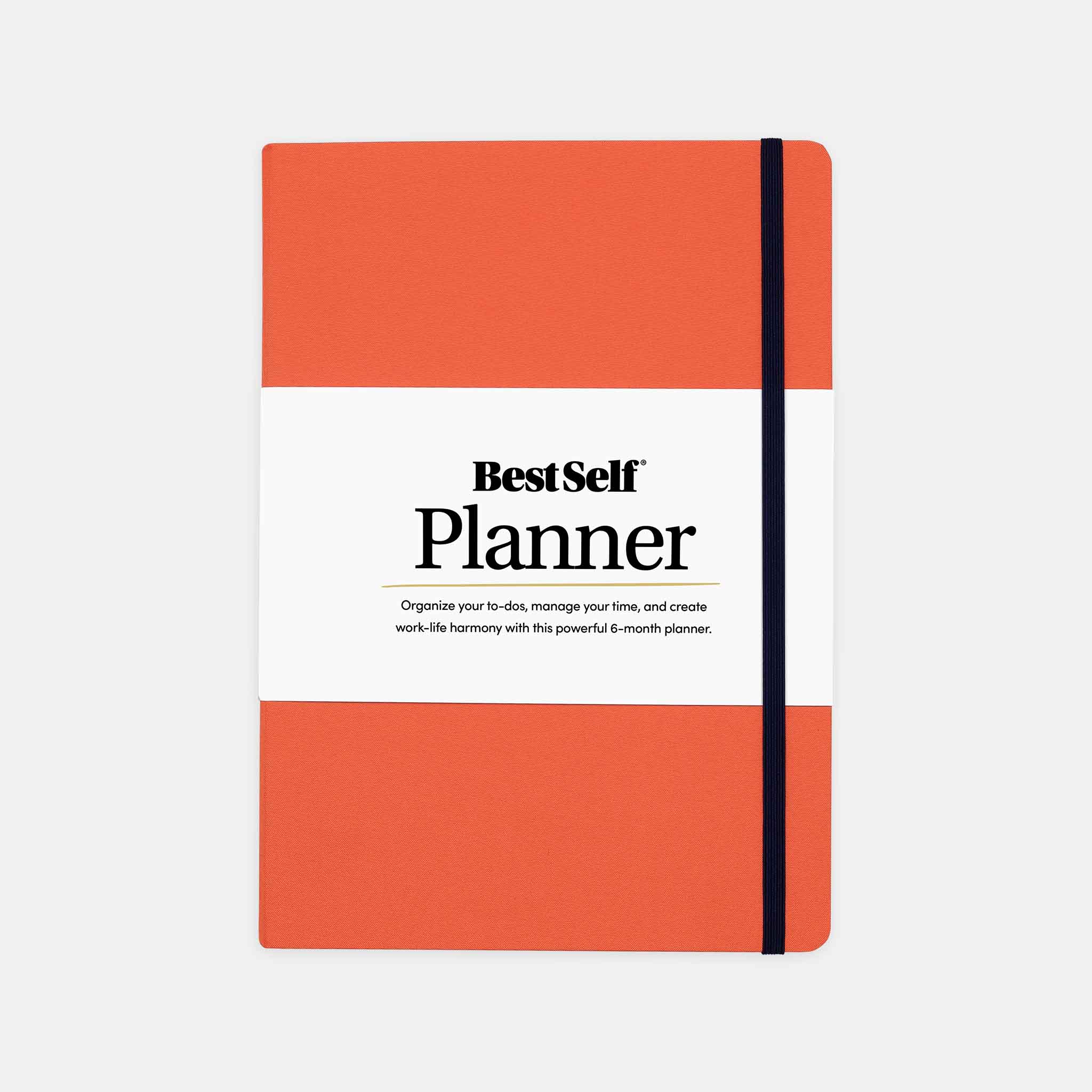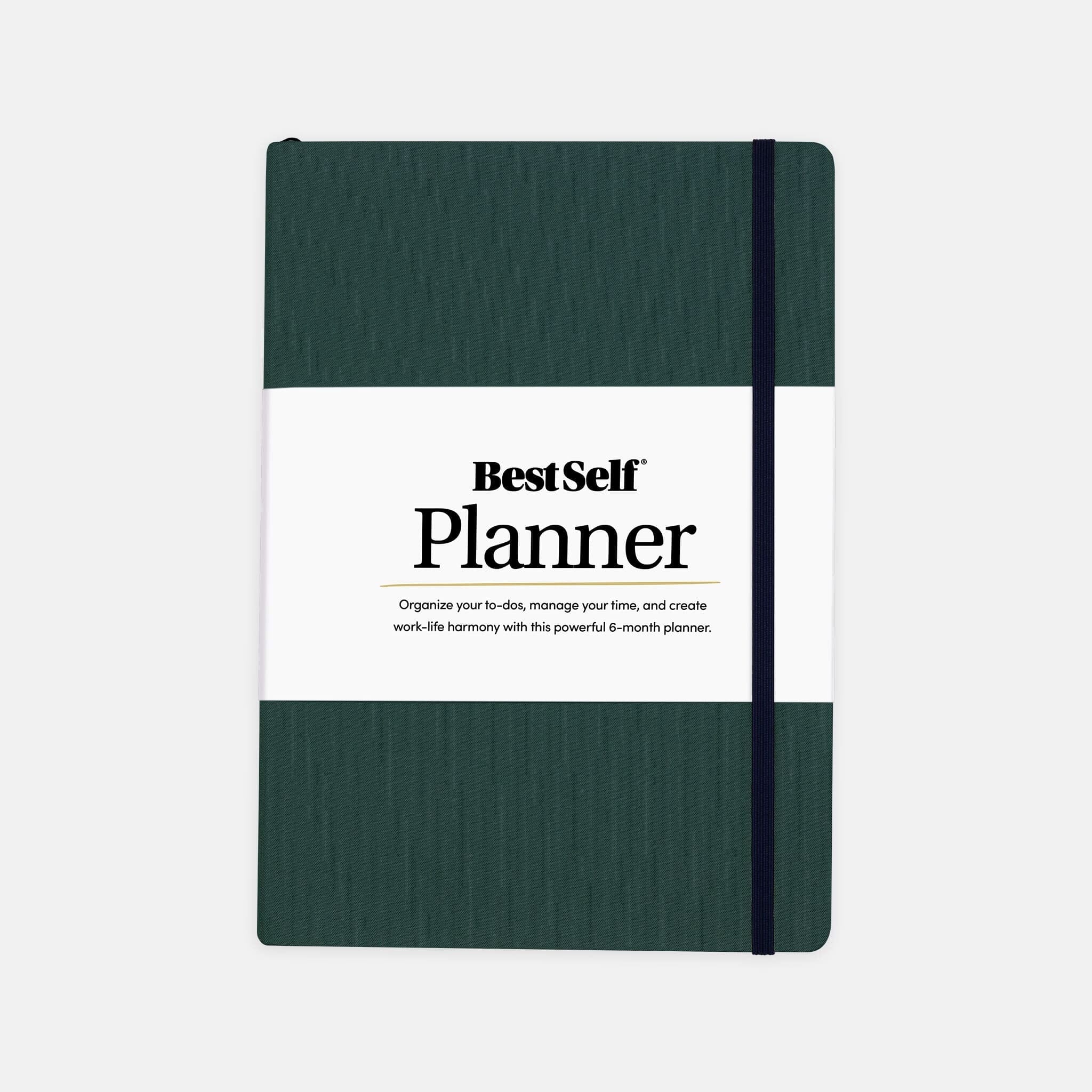So much has been written on productivity habits. We have been given lists of the best apps to get us to work and articles on the morning routines of CEOs and other successful people. We are told that waking up early is best and that multitasking will make us less productive.
Despite implementing all of these productivity tips, you may find that you still fail to be productive. t's one thing to know how to be more productive, but it's quite another to make it happen.
 Photo Credit: Carl Heyerdah
Photo Credit: Carl Heyerdah
9 Tips To Ensure You Are Being Productive
Finding your most productive self requires that you address the factors that are keeping you back. The following is not a list of the ultimate apps or the best time to work. Instead, it is a list to figure out what is holding you back, in order to find your ultimate productivity habits.
1. Let Go of Fear
That book you keep meaning to work on or that call you are postponing is your way of allowing fear to stop you from moving forward. Leo Babauta, of Zen Habits, talks about fear holding us back from being productive. We fear “not having control, certainty, security, comfort,” Babauta says.
Fear will always be an underlying problem but we can feel that fear and still push to do the things that need to get done.
2. Eliminate Distractions
Could you be working in a bare room, without internet and still find a way to get distracted if you wanted to be? When you can't focus, it's often a sign of something else. Ask yourself, are you tired or bored? Maybe you're spending too much time working and not enough time socializing with the people you care about.
Make sure you're taking breaks throughout the day and making time for more than just work, so you can focus on work when it is time to do so.
3. Define the Important Tasks
Daniel Gilbert, the author of Stumbling on Happiness, has said that “a wandering mind is not a happy mind.” When your mind continually wanders from task to task without making any progress on your to-do list, it's a recipe for frustration and unhappiness.
To prevent this, make a list of the most important tasks of the day or the week and construct your schedule around them. In particular, prioritize activities that generate revenue and move your business forward, as opposed to those that just feel productive (such as taking an hour to check email).
4. Define Your Goals
Tying up with the former point, having a clear idea of what your goals are will set your productive behavior in motion. Set SMART goals. Use a journal to write down the things you want to achieve long-term, then break each one down into weekly or monthly goals.
 Photo Credit: Brooke Lark
Photo Credit: Brooke Lark
5. Track Your Progress
Tracking where you are relative to each of your goals means you will have a clear idea of how effective your productivity habits are in helping you to reach these goals. Through tracking, you will understand which habits are helping you move forward and which ones that are keeping you back.
6. Find Your Most Productive Time of Day
Early rising is associated with success and nocturnal work have been shown to be more creative, but don’t let what works for other people dictate your work schedule. If you do your best work at three in the morning, there is no need to stop.
If you have the luxury to make your own schedule, then listen to your body clock and build your schedule around your times of peak productivity. In doing so, you'll find that you naturally become more productive and focused.
7. Meditate
It can feel strange to stop and meditate when you have a slew of things to do. To start with, meditation will give your mind the sense of peace it needs. Furthermore, studies of the brain indicate that meditation increases “grey-matter density in the hippocampus, known to be important for learning and memory, and in structures associated with self-awareness, compassion, and introspection.”
For guidance on the best way to start your meditative journey, download an app. Headspace is one of the best meditation apps out there but there are others, such as Stop, Breathe and Think, and more.
8. Switch Off
When you define your important tasks and schedule a time for everything, then it is easier to switch off from the online world. Emails and social media can be addressed during certain times. This way, you can be more productive on work that needs your full concentration.
9. Stop Daydreaming
Daydreaming has its benefits, but not if you daydream about having already reached your goals. Researchers have found that “positive fantasies about future success yield poor results as they do not generate the energy needed to pursue the desired goals.”
In a nutshell, if you are experiencing happiness and success in your daydreams, then you are going to be less motivated, and less productive in real life. You will have to make a conscious effort not to indulge in this form of daydreaming.
One way you can stop daydreaming about having reached your goals is by going over your progress and acknowledging what you have done so far and that you still have work to do.
Conclusion
Productivity is about working smarter, not harder. It’s not about working fifteen hours a day. Rather, it’s about using time management to make space for the work that will get you real results, always moving one step closer to achieving your goals.






